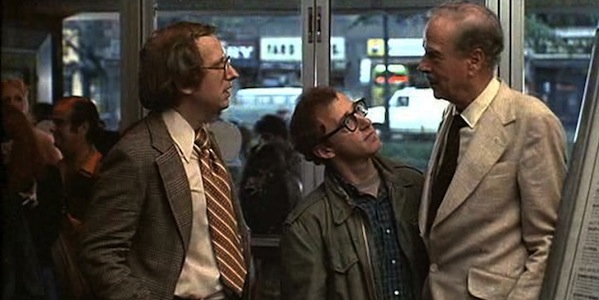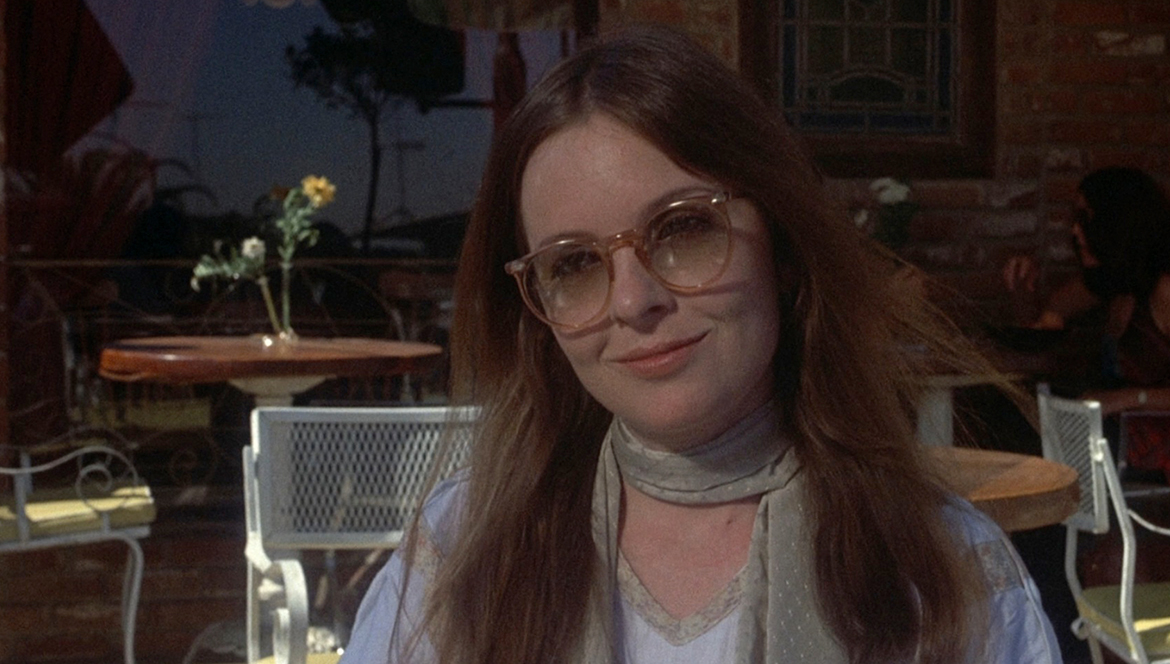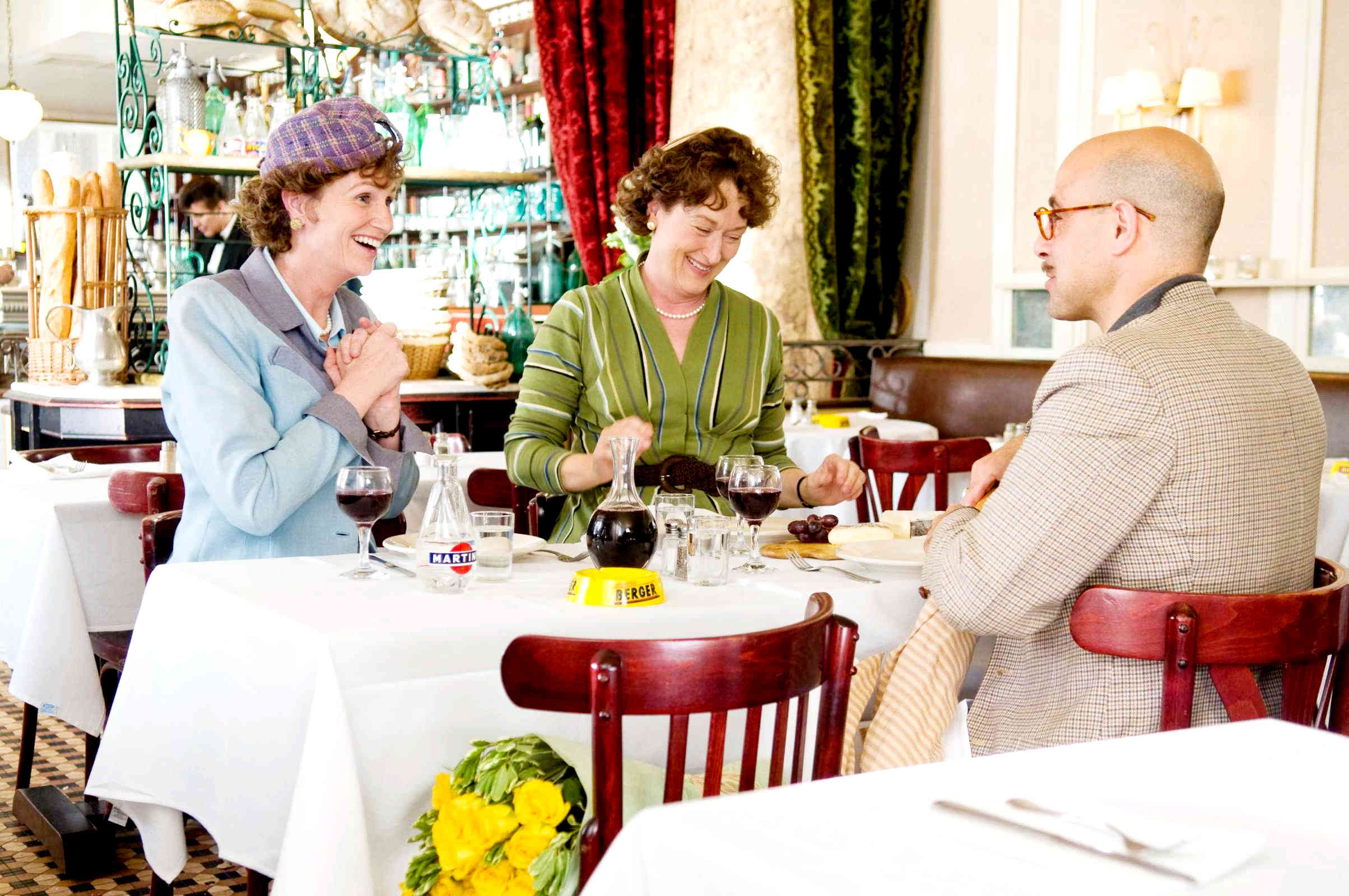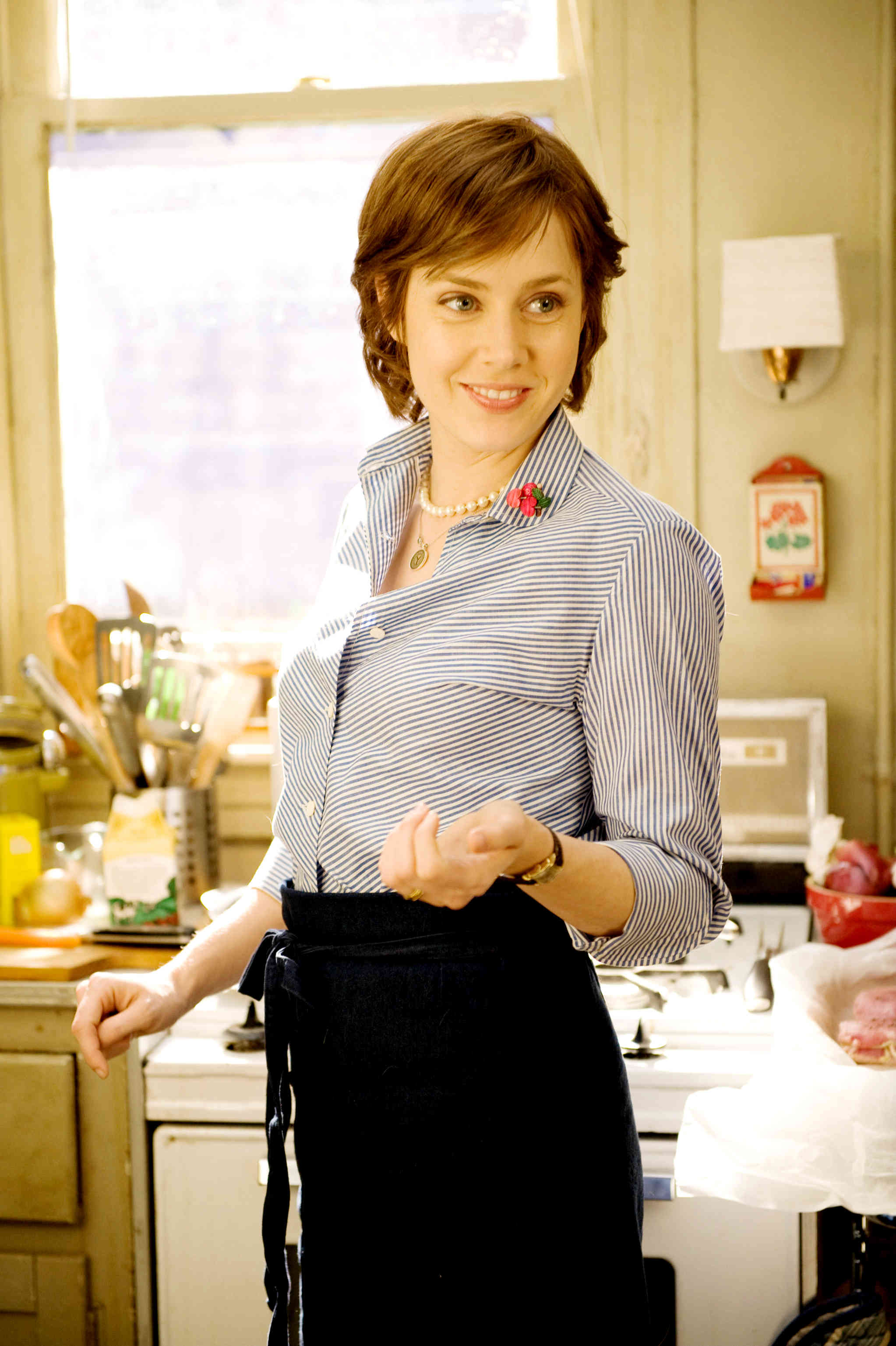 |
| "Itty Bitty Living Space" |
This is a documentary about tiny houses, a concept that is at once fascinating and important. It seems like tiny houses will be a big part of the future, and more and more people are catching onto that notion. In a world full of increasing debt and stress, people are starting to question the need for buying huge, expensive homes.
The narrator and man behind this documentary is Christopher Smith, a guy in his 30's living in Boulder, Colorado, who decides that he wants to build a tiny house on top of a trailer. Helping him with this endeavor is his girlfriend, Merete Mueller.
 |
| Merete and Christopher |
The film discusses such themes as how we define "home," how to live a meaningful life, and what the American Dream means today. I found it interesting, informative, and inspiring.
Notes:
As the film begins, Christopher Smith confides,
"I'd had this dream to build a cabin in the mountains since I was a kid."
Chris grew up in a military family, where they moved back and forth across the United States eight different times. He admits that he has never felt like he belonged anywhere. Four months before his 30th birthday, Chris decided to buy a plot of land in Hartsel, Colorado. He plans to construct a tiny house on top of a trailer in the backyard of a friend, and then later, once it's completed, move it to his own land.
Chris was surprised to learn that it is illegal to build small in many places. His own county has a minimum house size of 600 square feet. So he decided to build his tiny house on wheels because it's considered a temporary structure and building codes do not apply.
His plan is to have finished building a tiny house of 124 square feet by the end of the summer. The film shows him going to pick up the trailer, and then beginning construction in May.
 |
| Chris and his tiny house |
Around 13 minutes into the film, there is an exploration of the worldwide community of tiny home owners, and it's fascinating. This is my favorite part of the film. A montage of pictures are shown of tiny house owners standing in front or inside their homes, along with the square footage and their locations. Some of them are interviewed, including an architect who says that "70% of all the pollution in the air is caused by buildings." And she talks about wanting to minimize that and trying to have a positive environmental impact.
Interesting fact:
"From 1970 to 2000, the average size of a new house in America has almost doubled."
Around half way through the film, Christopher confides that his biggest fear at the moment is not finishing the tiny house at all, because he has run out of money.
Tammy Strobel and Logan Smith are a couple living in a 128 square foot tiny house in Portland, Oregon. Tammy describes how she used to work at a job in the investment management industry, where everyday she commuted two hours and sat in a cubicle for 10 hours, and she was miserable. As Tammy and Logan show the cameraman around their tiny home, they talk about the advantages of down-sizing your life. While philosophizing about what's really meaningful in life, she says that she asked herself,
"Do you really want to spend your time working at a job you hate to buy crap that you can't afford?"
And she says in a lot of ways, she thinks that "tiny-housers" have figured that out. Tammy confides that she and Logan are now debt-free.
As August hits, Christopher admits that he thought he would be done with the house by now, and he is only half way done with the exterior. And in a kind of out-of-left-field moment, Merete also admits that she is planning on moving to New York City.
 |
| Chris constructs the roof |
By December, construction has come to a halt on Chris' tiny house. He explains that he is trying to focus on working at his job as much as possible to save up the money he needs to finish the project.
In January, progress on the tiny house picks up because Chris is given more hours at work which means more money for construction, and Merete quits one of her jobs so that she has more time to help Chris build.
In April, Chris brings his family over to see the house. It's cute seeing the small smile that never leaves Chris' Dad's face as he looks around at the house that his son built, a quiet pride radiating off of him.
 |
| Chris and Merete's tiny house |
The following May, Chris is finally able to move his tiny house to his plot of land in Hartsel. He says that in the end, his tiny home took one year to complete, and cost $26, 000.
 |
| Success! |
"TINY: A Story About Living Small" had its world premiere at the 2013 SXSW Film Festival.
TINY: A Story About Living Small (2013)
Directed and Produced by:
Merete Mueller, Christopher Smith
Writer: Merete Mueller
Speak Thunder Films Production
















/vlcsnap-2011-09-06-00h59m43s25_large.png)



























